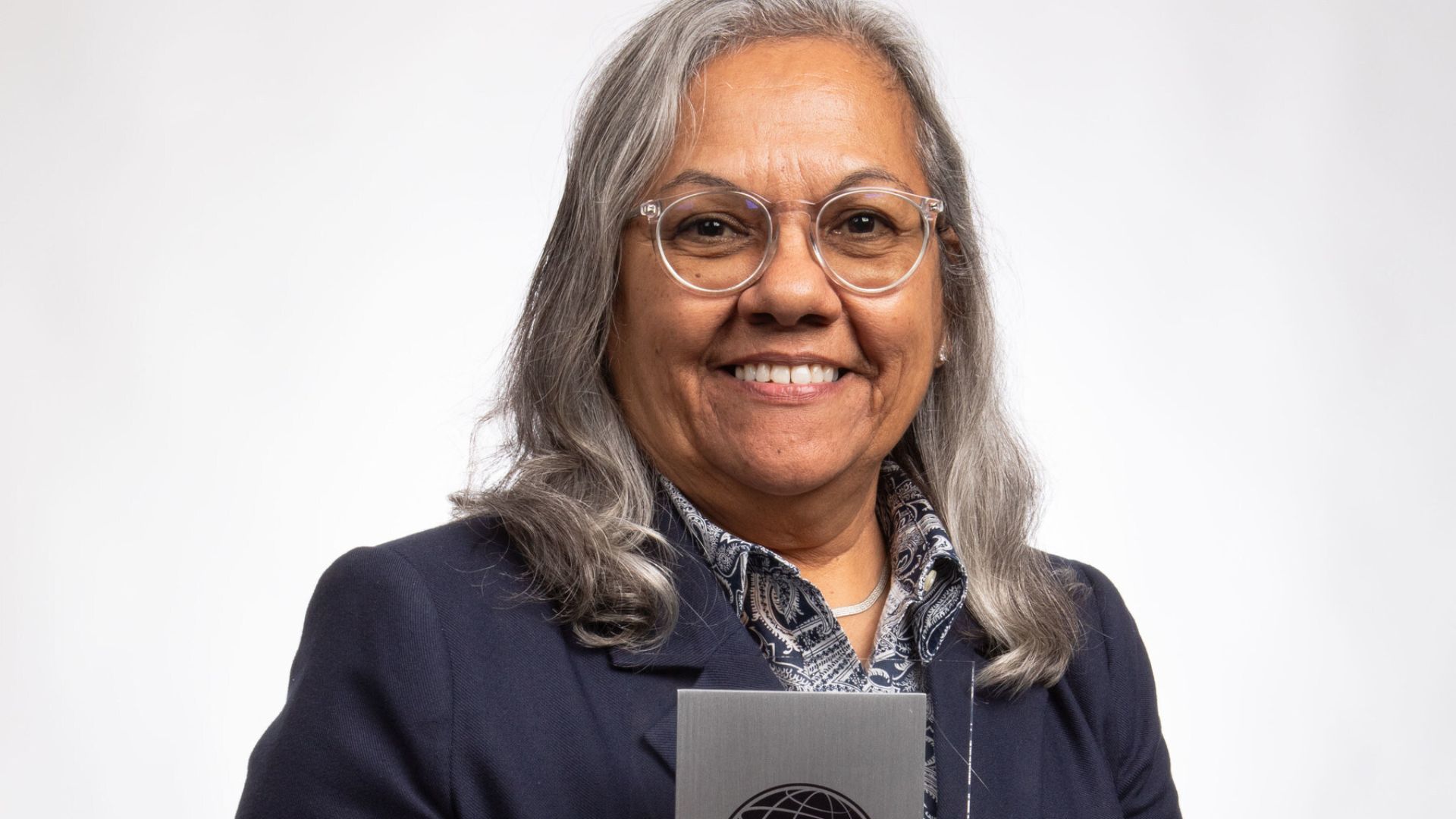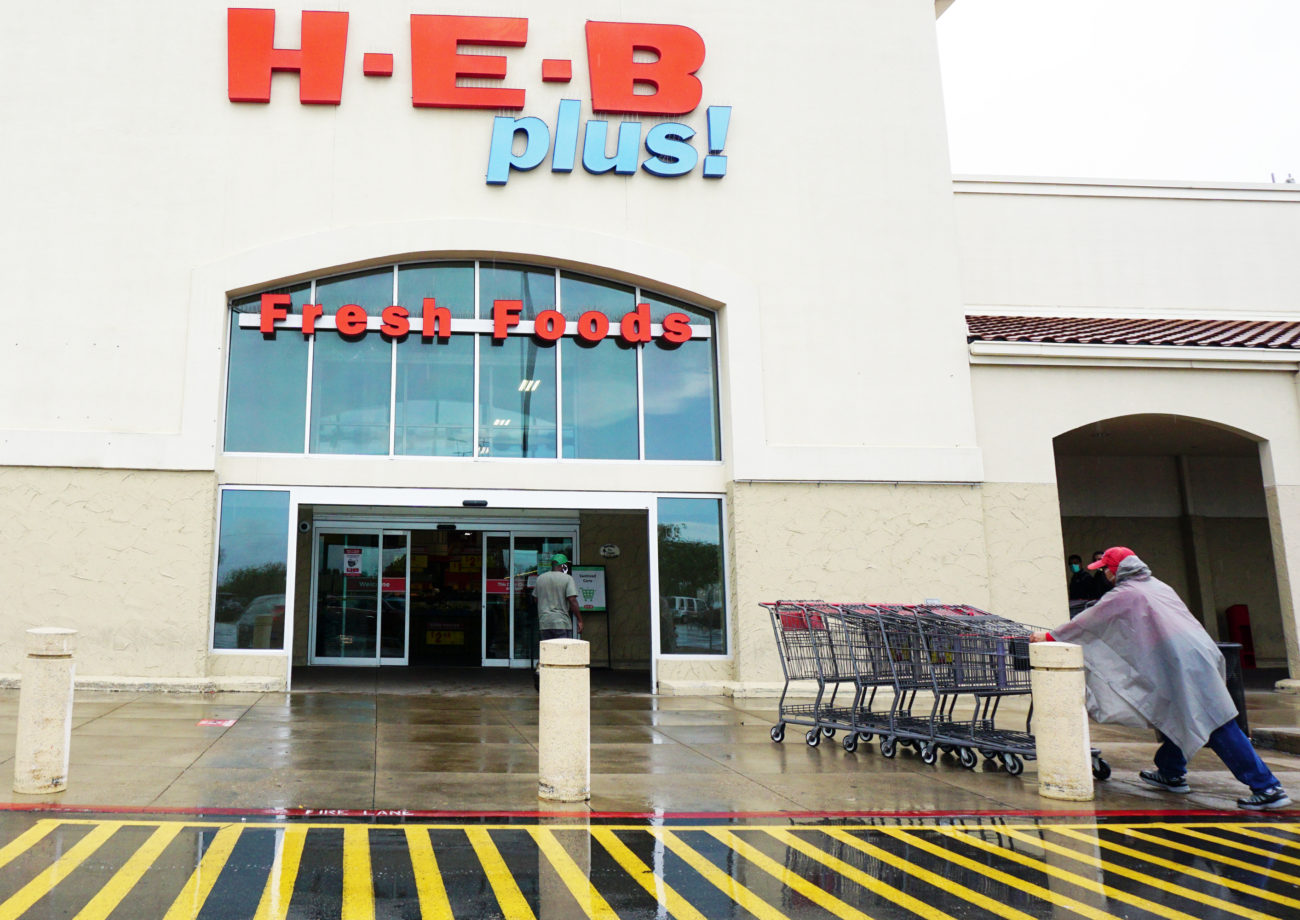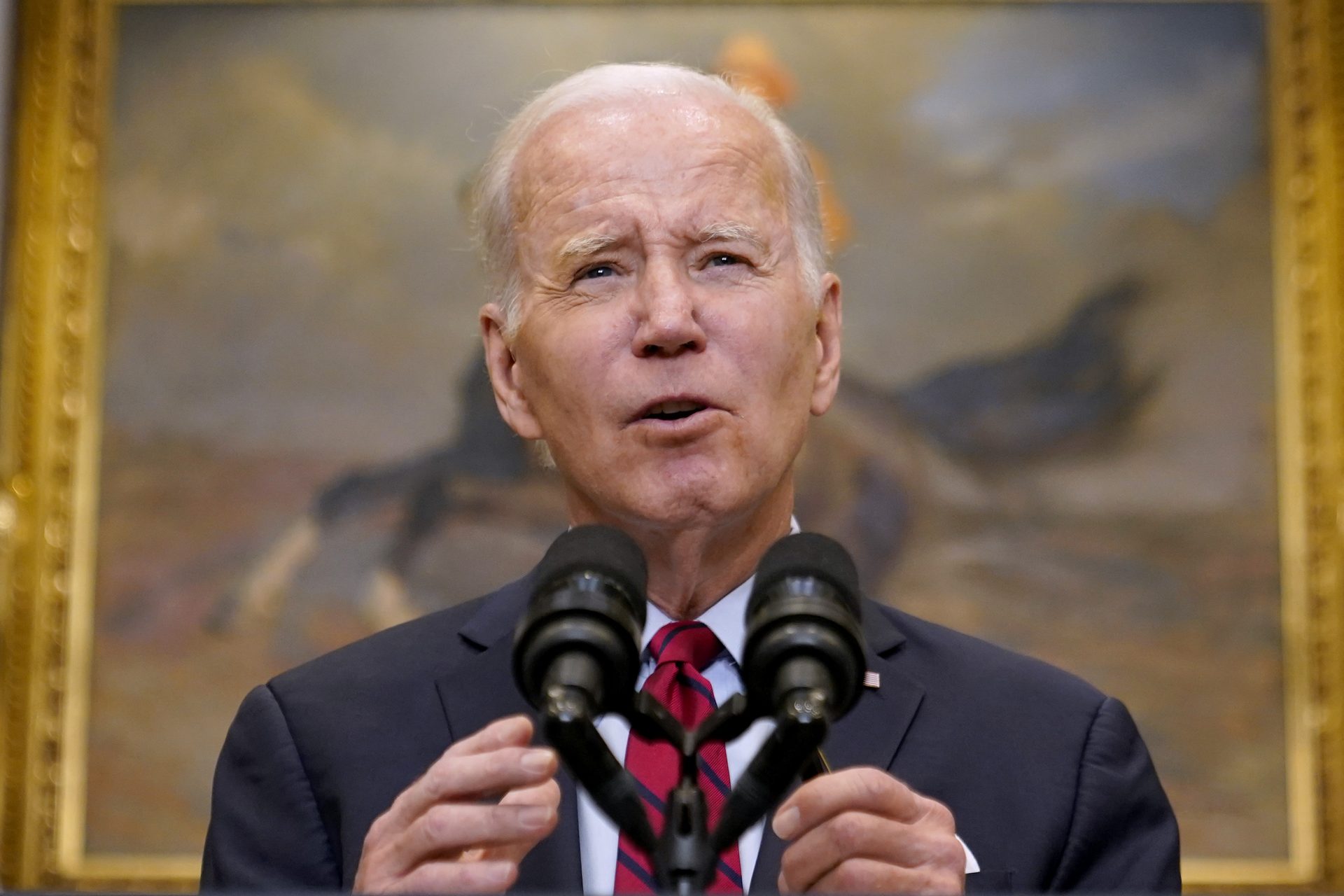BROWNSVILLE, Texas – If economic development leaders in the Rio Grande Valley are looking to attract manufacturing or high-tech companies from India they might want to connect with Jyothsna Kondapuli.
Kondapuli is executive director of newly launched, Frisco, Texas-based The Startup Runway. She gave two in-depth powerpoint presentations in the Valley recently at events hosted by the Council for South Texas Economic Progress (COSTEP).
One of the events was held at the Port of Brownsville, the other at the Casa De Palmas Hotel in McAllen. Many economic development organizations from the Valley were in attendance.
“Startup Runway is an accelerated program that attracts foreign investment into the U.S. Companies that are looking to land and expand in the U.S.,” Kondapuli said. “Our primary goal is to land these companies in the US and help them generate revenue. To fast-track their success.”
The Startup Runway was started and is led by a group of entrepreneurs from India. Kondapuli said that as India is the fifth largest economy in the world it follows that there are hundreds of Indian companies that would like to set up operations in the United States.
“So, the first question we ask when we go to any EDC, any city is, what is your need? With India being like fifth largest economy in the world, I can’t even tell you how many companies are there. So, if Adam wants me to bring some company to the city, you’ll have it in a week. It’s that easy and there’s so many out there.”
The “Adam” Kondapuli referenced is Adam Gonzalez, CEO of COSTEP.
Continuing her explanation of what The Startup Runway does, Kondapuli said: “Any foreign company that is looking at expanding their business in a foreign market such as the U.S., we are their launch pad. They can come to us and we can help.”
Kondapuli pointed out that there are many challenges for a foreign company entering the United States market, particularly regulatory challenges.
“So, we have a very tailored solution for those companies. Our solutions are different from company to company, domain to domain, sector to sector. It all depends on what type of company is trying to come into the US.”
 Indian investors with Cameron County and Matamoros economic development leaders at the Port of Brownsville. (Photo: RGG/Steve Taylor)
Indian investors with Cameron County and Matamoros economic development leaders at the Port of Brownsville. (Photo: RGG/Steve Taylor)Kondapuli said The Startup Runway provides a collaborative environment for these foreign companies.
“We have partnerships with investors, companies and industry experts. So, we create an environment, and we create a comprehensive platform for the global companies that are looking to scale up in the U.S.” Kondapuli said.
“We also have alliances with various universities. Right now, we are working with the University of North Texas, UT Austin, UT Dallas, and, I think, a couple of Boston universities.”
The Startup Runway’s main goal, Kondapuli said, is to help the foreign company get established in the U.S. and quickly start generating revenue.
“We do that in multiple ways. One is by providing them with a shared sales and marketing team, which has a value of $500,000 per year. We hire the sales and marketing team for the incoming company. We all know that manpower in the U.S. is very expensive and for a foreign company to invest that kind of money when they’re short on money in a foreign land is going to be taking a toll on them. So, we are doing that on their behalf.”
Kondapuli hastened to add that the foreign company will be running the sales team.
“And then we provide market access. We provide regulatory support. We all know the laws and regulations keep changing, very frequently in this country. We want the companies to stay on top of these kinds of changes,” Kondapuli said.
“We connect them with attorneys and CPAs so they can run their business.”
Kondapuli said her company’s CPAs look at the viability of the incoming company.
“It doesn’t have to be like a real boom. But are they’re doing better than last year. It doesn’t have to be like a big margin, but at least they’re growing. It doesn’t have to be like a five-year-old company or a ten-year-old company or anything. But, if the product is good, and they are already in the market and they are doing good business and they have good amount of revenue, we are good to bring in even a one-year-old company.”
The Startup Runway can also do some fundraising and provide office space, Kondapuli explained.
“Whoever is coming into the U.S., we have a location. For example, if Brownsville needs a manufacturing company and it is coming here, we rent the space for them, and they can operate from that space free of cost.”
 Jyothsna Kondapuli, executive director of The Startup Runway. (Photo: RGG/Steve Taylor)
Jyothsna Kondapuli, executive director of The Startup Runway. (Photo: RGG/Steve Taylor)Kondapuli said partnerships with U.S. universities are very important because The Startup Runway apply for grants for the incoming companies.
“There are a lot of federal grants that are out there, and we apply for those grants. These grants can only be applied for through a university, so they need to utilize the research facilities of the universities. Through those universities, we apply for grants for these companies.”
Kondapuli said the universities possess a large talent pool. “So, the incoming companies can go directly to the university and hire for their companies if they need anybody.”
Foreign companies looking to utilize The Startup Runway’s expertise must meet certain criteria, Kondapuli said.
“They should have the product or service ready. It has to already be in the market. It’s not like a testing stage or a developing stage. We want the product to be in the market.”
The company should also be generating some revenue and have a good customer base.
Equity
Kondapuli said The Startup Runway thoroughly vets applications.
“We do our due diligence. We conduct multiple rounds of interviews. And finally, we onboard the company. And as a part of what we offer, we take some equity from the company and also a monthly fee and/or revenue sharing, whichever is acceptable to both the parties.”
“We don’t touch any other part of the company. We don’t touch the Indian company or if they have a company in the Middle East. We don’t touch anything. We are only taking equity from the U.S. company for the efforts that we’re putting in. Because I believe and our team believes that we are doing all the heavy lifting for them. So, (we think) it’s fair that we take equity from you, but only from the U.S. company. We don’t touch anything else.”
Kondapuli said that after the incoming company is incorporated in the U.S. there is a soft landing, followed by a marketing support operation. “We anticipate the first sale in week 11 or 12.”
At the conclusion of her presentation, Kondapuli conducted a Q&A. She was asked how The Startup Runway reaches out to foreign companies.
“So, we do this outreach program in multiple ways. The first thing we do is conduct roundtables. We go to India, and we conduct roundtables, and we invite companies to attend those roundtables. In that way we participate with the companies and know what they’re doing,” Kondapuli said.
She said social media is a “very powerful tool” that The Startup Runway also utilizes.
Kondapuli said some economic development groups from Frisco and McKinney joined The Startup Runway in India for some of the roundtable discussions at the start of the year.
“We visited five cities in a span of six days. And then we met almost 350 companies and visited ten to 12 incubators. We met like 15 to 16 verticals that we covered in that short span of five to six days.”
Kondapuli was asked how big the first cohort was.
“Right now, we are onboarding ten companies, and we are in talks with another ten. So, by the end of this June, we’ll be having 20 companies in our first cohort.”
Asked if The Startup Runway focuses on a particular industry, Kondapuli said: “No, we are sector agnostic, domain agnostic, vertical agnostic. We welcome anybody that meets the criteria.”
Asked if the incoming companies have to engage with local economic development corporations, Kondapuli said: “We go to the EDCs and the cities and tell them, hey, we have these companies in our portfolio. What are you looking for? If you want a manufacturing company, these are all the companies we already have that are ready to come and start their work. And then we work from there.”
As the U.S. is a big market, Kondapuli was asked if her company focuses on a particular part of the country. She responded: “Texas is our home. So, we want to start from here and slowly expand into the other states. We are getting some interest from different states. Rochester (New York) wants to pursue something with us and then North Carolina is looking at us also.”
Kondapuli reiterated that The Startup Runway can do the filtering for a city or EDC.
“When I talk to an EDC or my team goes to the EDC, we already know what the vision is for the city. Are they manufacturing oriented or interested in FinTech or SportsTech or whatever it is. So, we talk, and we take the information, and we go from there. Then we do the filtering of the companies that come to us. We look at their applications and what they do. Is the product viable in the U.S.? Can we sell the product? Because there’s no point in bringing them here if we cannot create and generate revenue,” Kondapuli said.
The post Kondapuli: How Startup Runway can help bring Indian manufacturing and tech companies to the RGV appeared first on Rio Grande Guardian.
 (2).png)
 3 months ago
106
3 months ago
106









 English (US)
English (US)